
How do we address the growing crisis of health care worker mental health?

How do we address the growing crisis of health care worker mental health?

How I navigate the supervisor-supervisee relationship as a Black female resident, activist, and scholar in anti-Black racism—and how a "temperature check" can help.

What should residency programs be doing to address current traumas?

Finding a program that is a good fit while LGBTQ+ may be more difficult than it seems…

Beyond earning a medical degree, completing residency, and obtaining board certification and licensure, a psychiatrist's career grows to be illustrious with wisdom, curiosity, intellect, aesthetic sensitivity, compassion, empathy, generosity, and more.

Catharsis expressed in a pen, it was a tool to get through the hard times, even medical school.

My life pasted on his wall to analyze, a flash of insight came to me: Training had begun.

The authors explore the impact of structural racism on psychiatry trainees and the patients they care for (and what can be done about it).

Unable to spend adequate time with patients, residents are not learning to function as doctors, but merely as technicians for the human body.

Psychiatric emergencies occur when a patient is a danger to self, to others, or is so psychiatrically impaired the patient cannot meet their own basic needs. How do such emergencies manifest?
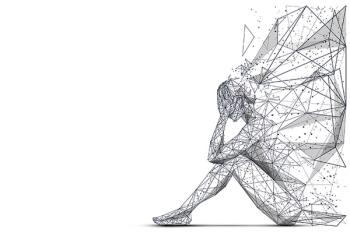
As typically happens in the aftermath of suicide—years or even decades later—we wonder what we could have said or should have seen.
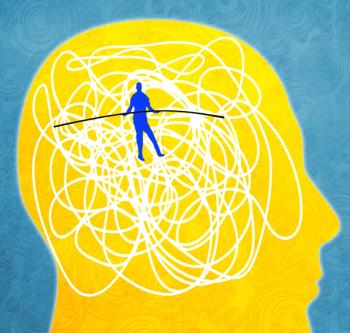
It is time for psychiatrists to tackle the toughest philosophical questions in their field.
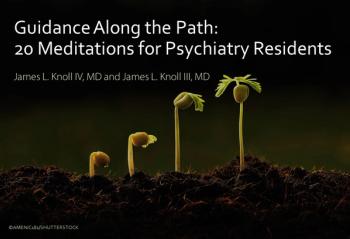
In the spirit of honoring and guiding trainees, the authors provide advice to today’s psychiatric residents-the psychiatric leaders of tomorrow.

A clear problem creeping into the national dialogue is that patients with psychiatric issues all too frequently receive substandard medical care in the hospital setting. This points to the need to look for integrated approaches.

Residents, students, and fellows are invited to submit a manuscript on the topic, “Tardive Dyskinesia." More in this courtesy post.

A lighthearted exploration of Erikson’s stages through residency training.

Residency was going according to plan until a phone call changed everything.

The looming specter of emotional and physical exhaustion in residency often takes hold well into a physician's career. So what are we doing about it?
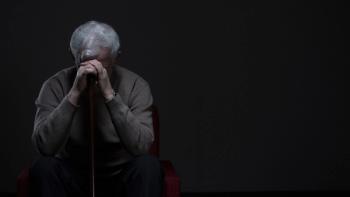
A recent experience on street rounds offered a moment that brought this psychiatrist back to one of the main reasons she chose psychiatry as a profession.

Creativity should not be seen as “optional” in psychiatry. Rather, it helps us to approach clinical problems in new ways.

A brief update--and some practical advice--about MOC, whether you love it or hate it.

A psychiatrist's chess game with his patient didn't go the way he expected.

After a code gray, it was clear to me that no matter one’s training, only such fundamental moments can enable one to answer affirmatively when asked, "Are you experienced?"

It’s too bad that so many experts-in medicine and in other professions-can’t write for a lay audience. Here's some help.
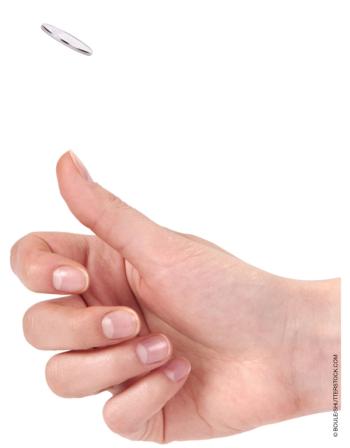
But what if the patient was lying? It's hard to go to sleep at night and not wonder, “. . . what if I'm wrong?”